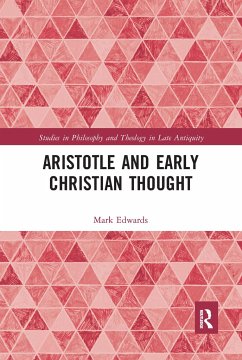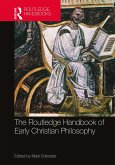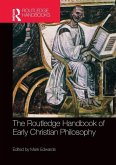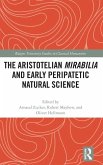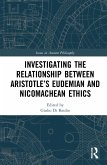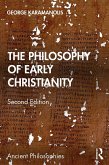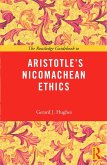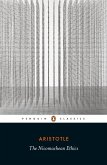In studies of early Christian thought, 'philosophy' is often a synonym for 'Platonism', or at most for 'Platonism and Stoicism'. Nevertheless, it was Aristotle who, from the sixth century AD to the Italian Renaissance, was the dominant Greek voice in Christian, Muslim and Jewish philosophy.
Aristotle and Early Christian Thought is the first book in English to give a synoptic account of the slow appropriation of Aristotelian thought in the Christian world from the second to the sixth century. Concentrating on the great theological topics - creation, the soul, the Trinity, and Christology - it makes full use of modern scholarship on the Peripatetic tradition after Aristotle, explaining the significance of Neoplatonism as a mediator of Aristotelian logic. While stressing the fidelity of Christian thinkers to biblical presuppositions which were not shared by the Greek schools, it also describes their attempts to overcome the pagan objections to biblical teachings by a consistent use of Aristotelian principles, and it follows their application of these principles to matters which lay outside the purview of Aristotle himself.
This volume offers a valuable study not only for students of Christian theology in its formative years, but also for anyone seeking an introduction to the thought of Aristotle and its developments in Late Antiquity.
Aristotle and Early Christian Thought is the first book in English to give a synoptic account of the slow appropriation of Aristotelian thought in the Christian world from the second to the sixth century. Concentrating on the great theological topics - creation, the soul, the Trinity, and Christology - it makes full use of modern scholarship on the Peripatetic tradition after Aristotle, explaining the significance of Neoplatonism as a mediator of Aristotelian logic. While stressing the fidelity of Christian thinkers to biblical presuppositions which were not shared by the Greek schools, it also describes their attempts to overcome the pagan objections to biblical teachings by a consistent use of Aristotelian principles, and it follows their application of these principles to matters which lay outside the purview of Aristotle himself.
This volume offers a valuable study not only for students of Christian theology in its formative years, but also for anyone seeking an introduction to the thought of Aristotle and its developments in Late Antiquity.
"Scholars of early Christian theology owe a debt of gratitude to Edwards for shining a light on the traces of Aristotle's philosophical legacy in late antique Christianity. Of the book's many achievements, the most welcome may be its simultaneous affirmation of the power of the Christian perspective and dismantling of the unqualified assertion that Platonism was the sole source of pagan philosophy upon which early Christians drew. In this way, Edwards' study joins a contiguous body of scholarship exploring how early Christians also adapted Stoicism."
-Alexander H. Pierce, Reading Religion
"Bonino's book constitutes a major accomplishment. It is no doubt the most important and comprehensive commentary on Aquinas's treatment of the divine attributes written in quite some time. Anyone interested in medieval philosophy and theology generally, in the study of Aquinas specifically, or in the viability of Thomism as a living tradition of thought will profit greatly from reading this book."
-Thomas Joseph White, O.P, The Thomist
-Alexander H. Pierce, Reading Religion
"Bonino's book constitutes a major accomplishment. It is no doubt the most important and comprehensive commentary on Aquinas's treatment of the divine attributes written in quite some time. Anyone interested in medieval philosophy and theology generally, in the study of Aquinas specifically, or in the viability of Thomism as a living tradition of thought will profit greatly from reading this book."
-Thomas Joseph White, O.P, The Thomist

